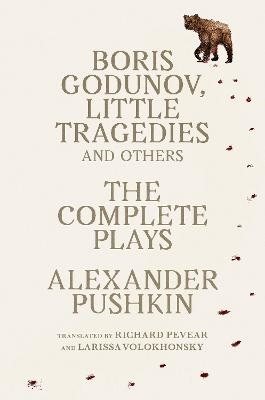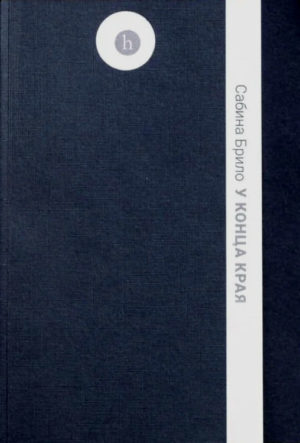
Boris Godunov, Little Tragedies, and Others
Alexander Pushkin, known as the father of Russian literature, was equally skilled at poetry, stories, and dramas.
The most famous of his plays is Boris Godunov (later adapted into a popular opera by Mussorgsky), a tale of ambition and murder centred on the sixteenth-century Tsar who preceded the Romanovs.
Pushkin was inspired by the example of Shakespeare to create this panoramic historical drama, with its richly varied cast of characters and artful blend of comic and tragic scenes. Accompanying his masterpiece are all of Pushkin's other, shorter forays into verse drama: The Water Nymph, A Scene from Faust, and the four brief dramas collectively known as the Little Tragedies: The Miserly Knight, set in medieval France; Mozart and Salieri, which inspired the popular film Amadeus; The Stone Guest, a tale of Don Juan in Madrid; and A Feast in a Time of Plague, which is set in London during the plague-ridden summer of 1665, among a group of revellers defiantly disregarding quarantine. These miniature plays illuminate the cardinal sins of greed, envy, lust, and pride, but despite their brevity they are animated by the intensity and complexity of their protagonists' inner lives.




